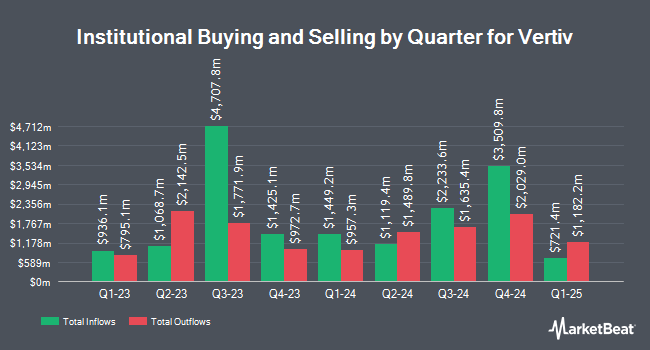A Comprehensive Guide to QQQ: Performance, Investors, and Key Insights
Investors seeking growth opportunities often turn to index funds that track major technology companies. The QQQ ETF, which follows the Nasdaq-100 Index, has become one of the most popular choices for those looking to capitalize on the tech sector’s momentum. In this article, we dive deep into QQQ’s recent performance, its largest institutional investors, and what makes it a preferred option for both new and experienced market participants.
What is QQQ and How Does It Work?
QQQ, officially known as the Invesco QQQ Trust, is an exchange-traded fund (ETF) designed to track the price and yield performance of the Nasdaq-100 Index. This index includes 100 of the largest non-financial companies listed on the Nasdaq Stock Market, making QQQ a tech-heavy but well-diversified fund.
By investing in QQQ, shareholders essentially own a proportionate interest in top names like Apple, Microsoft, and Alphabet. The ETF structure allows for liquidity, transparency, and efficient management of holdings in line with the underlying index.
QQQ Performance Update: 2024-2025
Recent market movements have highlighted QQQ’s resilience and growth. As of the last quarter, QQQ shares opened at $488.05, with a 52-week low of $402.39 and a high of $540.81. The fund’s market capitalization stands at over $305 billion. This robust performance positions QQQ as a leader among ETFs tracking large-cap growth stocks. For a more detailed analysis, check out the comprehensive MarketBeat report on QQQ’s recent trading activity.
Major Institutional Investors and Recent Holdings Trends
Institutional investors play a significant role in QQQ’s stability and growth. In recent filings, large funds like Jasper Ridge Partners L.P., Fullerton Fund Management, and Ground Swell Capital LLC have adjusted their QQQ holdings. For example, Fullerton Fund Management's recent move reflects broader institutional sentiment and provides insights into market positioning.
Similarly, Ground Swell Capital significantly reduced its QQQ stake in the latest quarter, underlining the dynamic nature of investor activity within the ETF. Tracking these prominent fund strategies allows retail investors to learn from the market’s smartest participants.
Dividend Updates and Structural Advantages
While QQQ is best known for its price appreciation, it also generates dividend income. In the most recent quarter, shareholders received a distribution of $0.7157 per share. The fund’s structure as a unit investment trust helps ensure transparency and close alignment with the Nasdaq-100 Index’s actual performance.
Should You Consider QQQ for Your Portfolio?
QQQ offers strong exposure to tech giants and other growth companies, presenting both opportunities and risks. The ETF’s broad adoption by institutional investors and consistent outperformance make it appealing for those seeking market-leading returns. But, as with any investment, monitoring market trends and insider sentiment can help identify optimal entry and exit points. Comprehensive resources like MarketBeat’s ETF analysis and insider filings offer valuable context for making informed decisions.
Conclusion
QQQ remains a cornerstone for those seeking exposure to America’s most innovative companies. Its diversified structure, ongoing popularity among institutional investors, and solid track record continue to drive interest from both professionals and retail investors. By staying informed about recent price movements, investor activity, and dividend changes, you can position your portfolio to benefit from the growth that QQQ aims to deliver.
